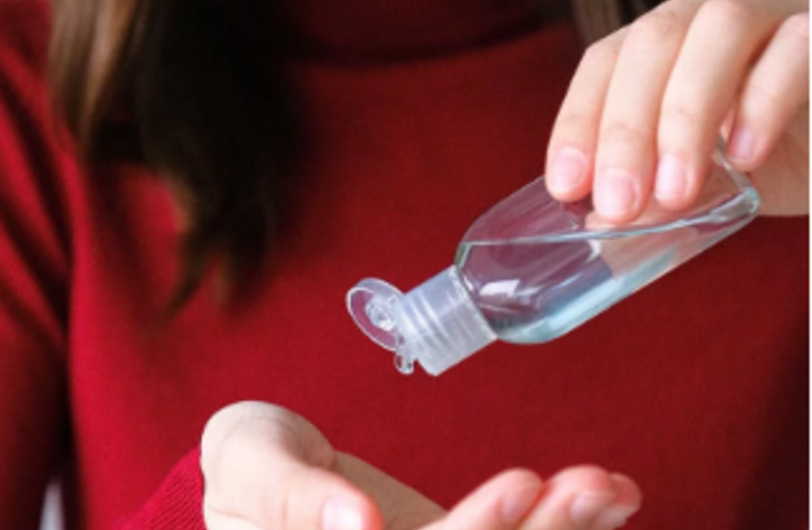Researchers at Stellenbosch University say they have discovered how to make hand sanitiser using stale bread crumbs.
An experiment conducted by SU food scientist Dr Stefan Hayward, using the university’s in-house fermentation tank, yielded 18 litres of alcohol-based sanitiser which could come in handy as South Africa fights to contain the spread of Covid-19.
“It smells just a little bit like toast,” said Hayward, a postdoctoral researcher in the department of food science.
Bread is composed of 40 percent starch which the research showed could be used as an excellent carbohydrate source during the production of bio-ethanol via fermentation.

Hayward said the idea was sparked by President Cyril Ramaphosa’s announcement of strict isolation measures nationwide to slow the slow the spread of the coronavirus which is passed on primarily through contact with an infected person when they cough or sneeze.
Data on Worldometer shows there are currently 859,395 reported Covid-19 cases globally which have resulted in 42,328 deaths. South Africa has 1,353 confirmed cases, with five people having succumbed to the disease.
There is currently no vaccine for Covid-19 but some of the preventative measures include washing hands regularly with soap or using sanitiser. Demand for sanitiser in South Africa, as in other countries, has soared, with suppliers struggling to keep up with demand.
Hayward said he and his team had brainstormed ways to make use of waste products, and stale bread had come up as an ingredient for bio-ethanol.

“We were talking about alternative uses for some of the everyday items we often discard, bread being one of them,” Hayward said.
The end product from his experiment looked like mashed potatoes and was left at room temperature for seven days until fermentation was complete and the mixture could be distilled, producing 10.5 litres of 75 percent ethanol.
Using a recipe found on the internet, the researchers combined the ethanol with glycerol, hydroperoxide and a denaturant to make 18.2 litres of hand sanitiser.
“We were able to satisfy our scientific curiosity whether or not we would be able to ferment bio-ethanol from a waste product such as stale bread,” said Hayward.

“At the same time we’re also able to apply our knowledge to produce an antiseptic formula that can be of help in this time of crisis.”
-ANA




